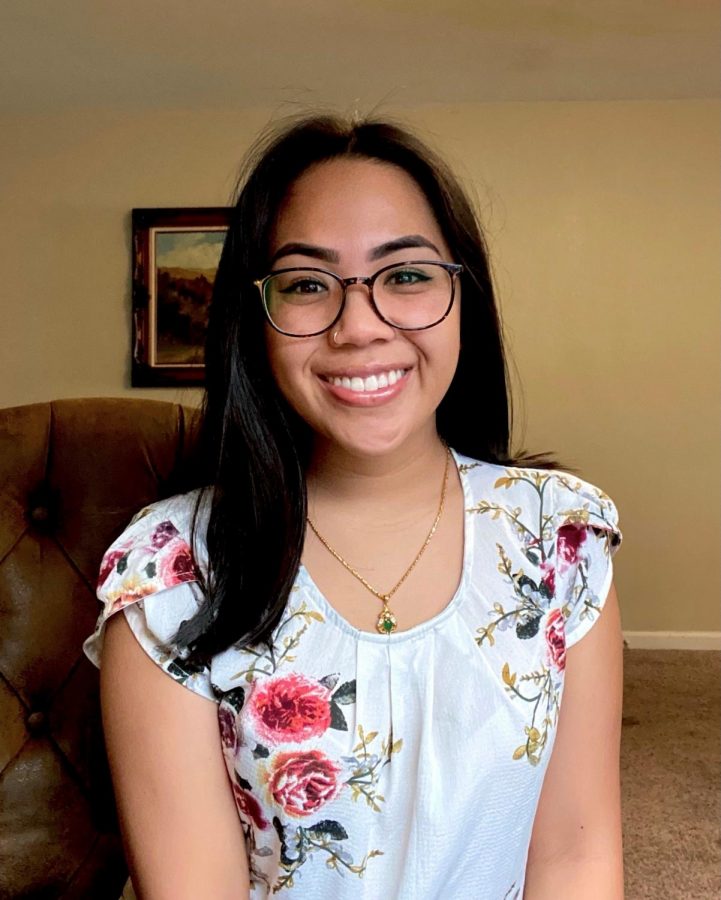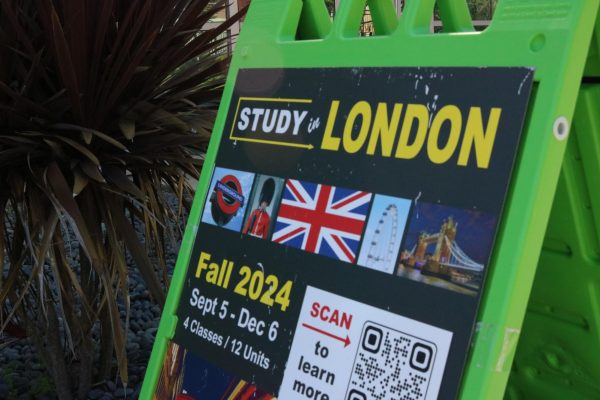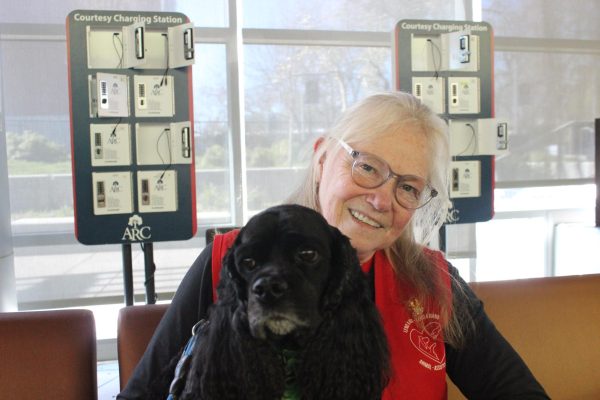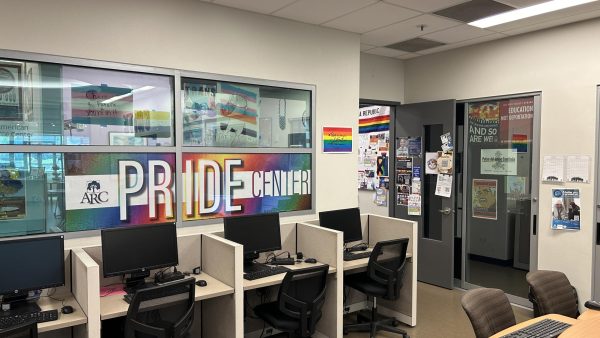ARC’S WEAVE educator helps students in distress
Dominique Rosete provides support and counseling to students who have been domestically or sexually abused
Dominique Rosete’s work is an extension of the main WEAVE center to help college students receive resources. Currently, the WEAVE center in Downtown is only open to staff, and one of their thrift stores on 6606 Fruitridge Rd. is open, whose profits go directly to the organization. (Photo Courtesy of Dominique Rosete)
High stress and the effects of the coronavirus pandemic have led to an increase of domestic violence, according to a March 8 Sacramento Bee article about domestic violence in the Sacramento area. The Los Rios Community College District has remote operations for its abuse and sexual assault resource center, which works in conjunction with WEAVE.
WEAVE, a non-profit that provides resources for anyone experiencing domestic violence, sexual assault and human trafficking, also houses Sacramento’s sole rape crisis center, which can administer an evidentiary exam.
Dominique Rosete, the community educator and college advocate for all LRCCD schools, works in partnership with the WEAVE organization. Rosete, a spring graduate of California State University, Sacramento, received experience from the Peer Health Educators internship.
“My cohort focused on the same thing, talking about healthy relationships to other students and supporting any student who has been sexually assaulted,” Rosete said.
Rosete says this job at LRCCD was a perfect match because it was exactly what she was doing at Sac State and she wanted to do this type of work in a different type of community.
Rosete, who is still providing confidential counseling during distance learning, says she can help students get connected to resources and is trained to be trauma-friendly during police reporting.
“When students go to report what happened to them to law enforcement, that can be kind of intimidating and not always survivor-centered,” Rosete said.
Rosete can provide emotional support, help with police reporting options, file a report to the Title IX officer, and in non-pandemic times, accompany students with legal proceedings.
Because of the pandemic, all of their counseling has moved online and some of their resources have been adapted.
“The only thing I would say that has changed is the accompaniment if students are interested in reporting, I can’t always accompany them in person like I used to be able to,” Rosete said. “I can still do that through the phone while they’re doing those things.”
Rosete and Nick Daily, the Dean of Equity and Inclusion, often work together to help increase college support for domestic abuse survivors under Title IX.
Daily is the Title IX officer for the college; Title IX is a federal civil rights law that helps prevent discrimination on the basis of gender and sexual identity.
“[Rosete] provides confidential reports to my office for tracking and documentation purposes,” Daily said.
Rosete is available for phone appointments and Zoom office hours Monday through Thursday from 9 a.m. to 5 p.m. The number is (916) 568- 3011.
If students need assistance during after-hours or on the weekend, the WEAVE 24/7 support line can be reached at (916) 920- 2992.
“It may be heavy or uncomfortable to talk about things like domestic violence or sexual assault, but it’s so important we keep having these conversations,” Rosete said. “The more we destigmatize the topics, the more accessible support and resources are to survivors in need.”














